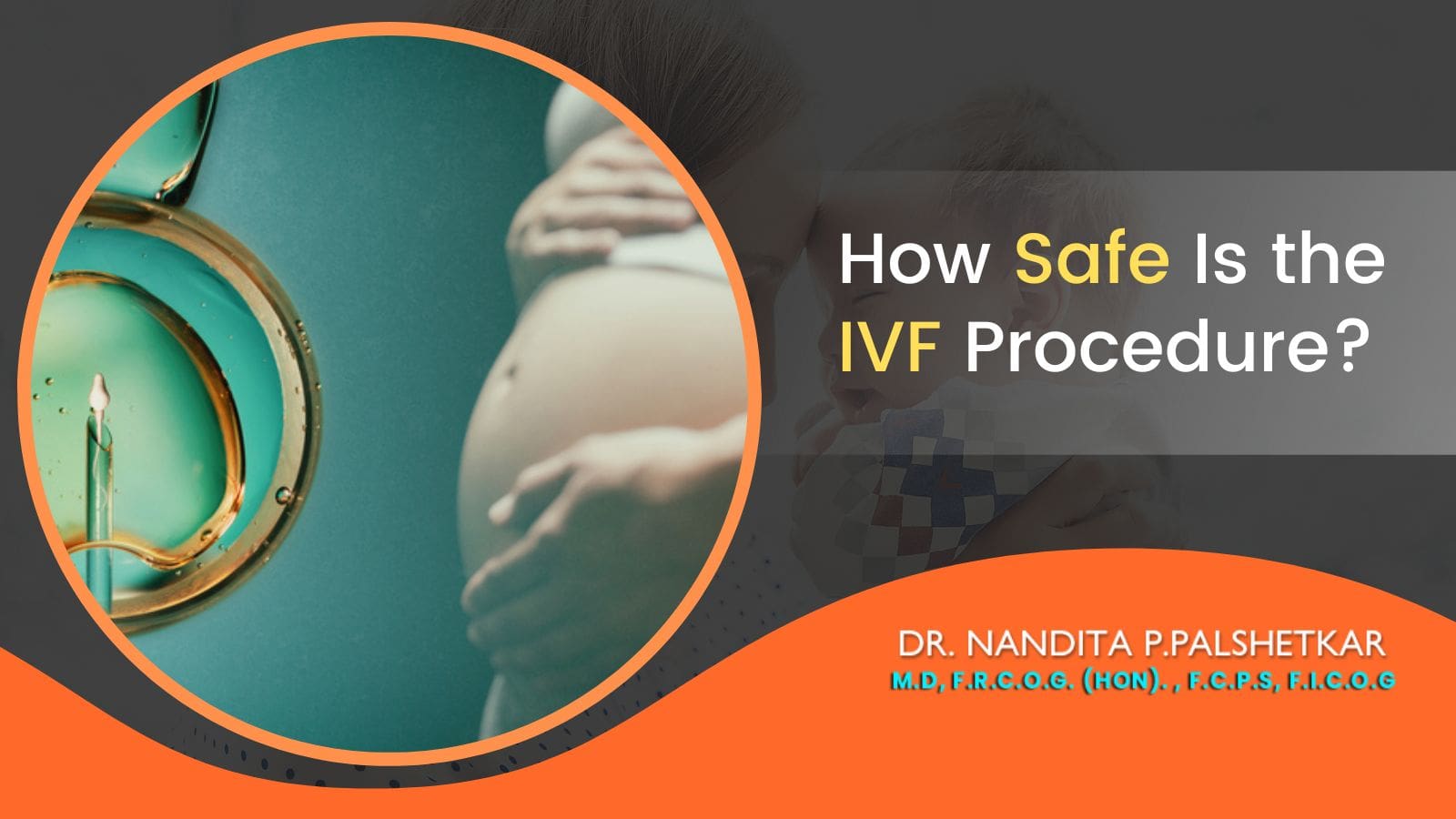


In Vitro Fertilization (IVF) is one of the most common Assisted Reproductive Technology (ART) procedures. IVF treatment is a safe and effective procedure used to address a wide range of fertility issues.
In this infertility procedure, eggs extracted from a woman's body are fertilized by the sperm in a specialized laboratory. The fertilized egg or embryo grows in the protected environment within the laboratory for 2 to 5 days before it is transferred to the woman's uterus. It takes four weeks for one full IVF procedure to be completed and the IVF cycle to begin. It can take up to six weeks before pregnancy is detected.
This procedure is a boon for couples who try to conceive without success and have not benefitted from other treatments such as fertility medications like clomiphene and letrozole or intrauterine insemination (IUI).
The IVF treatment, also known as the test tube baby in India, is a safe and affordable option available to infertile couples who hope for a miracle.
According to the Indian Society of Assisted Reproduction, 10-14 % of the Indian population suffers from infertility problems. A majority of the cases are in urban areas, where 1 in every six couples is affected by infertility issues. The common causes of infertility among women who may opt for this treatment are:
Men may be impacted by infertility due to the following reasons:
Others who can benefit from this procedure are same-sex couples, couples using donor eggs, and those who have concerns related to genetic problems and need to screen embryos.
The success rate of the treatment depends on several factors, such as:
Age is a significant factor that determines the success rate of an IVF procedure. For women below 35 years of age, the success rate in enjoying a full pregnancy is as high as 40%. However, for women above 40, the success rate reduces to 18%. Also, lifestyle changes such as proper diet, exercise, and a stress-free environment can improve the chances of the treatment. Vitamin and folic acid-rich foods improve the quality of eggs produced while smoking, alcohol, and drugs hurt the egg and sperm quality.
If you consult an IVF specialist, you must visit the best IVF clinic near you. You will be assured of high treatment standards using the latest technology that enhances your success rate.
If you are looking for the best IVF center in Mumbai and the best IVF doctor in Mumbai for treatment details and other queries, contact Dr. Nandita P. Palshetkar, one of the pioneering IVF specialists in India with more than 30 years of experience.